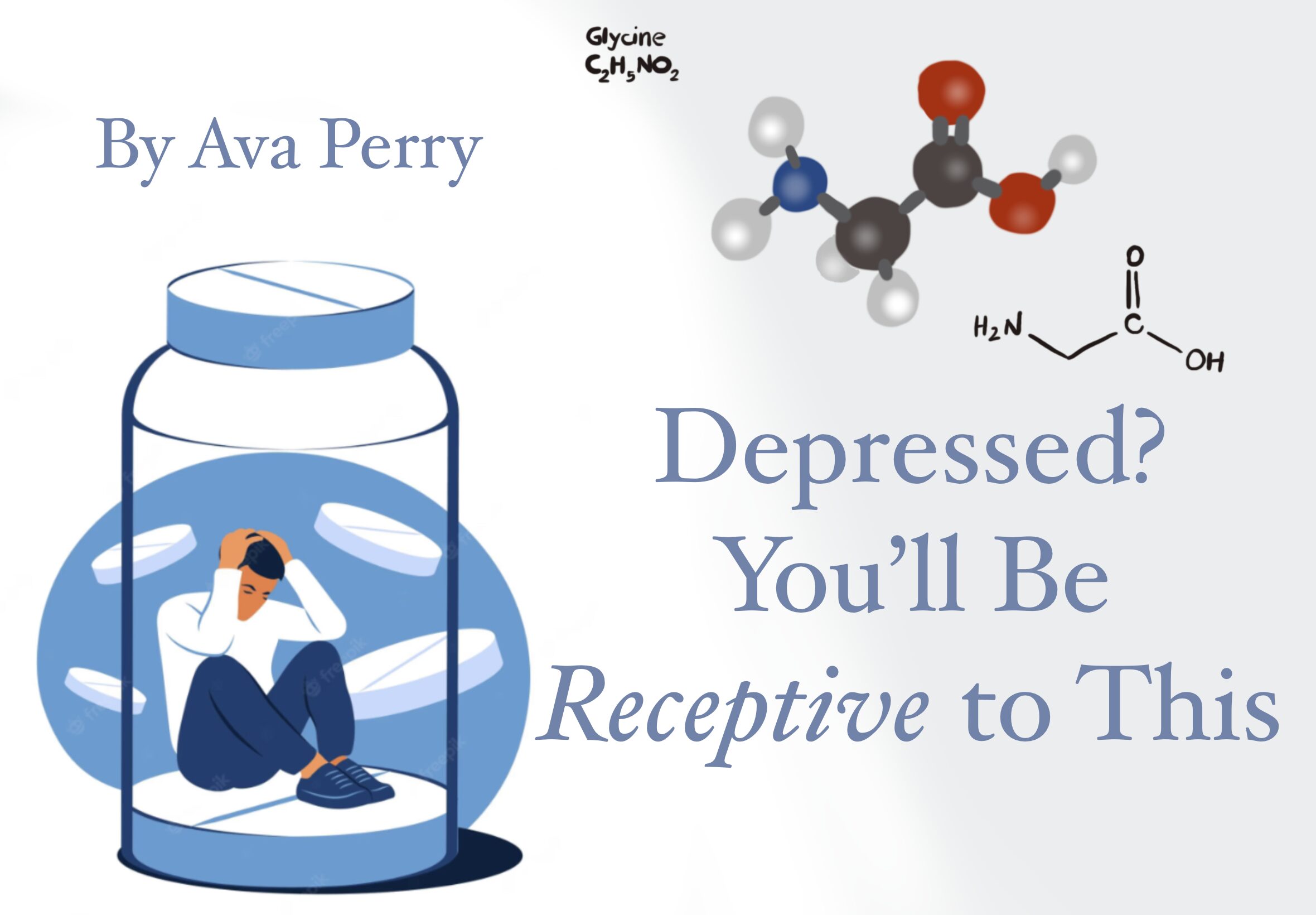
Writer: Ava Perry
Editor: John Paul Seitz
Graphic Editor: Namrata Atur
Depression is one of the most common mental health disorders in America, with about 21 million people reporting to have had at least one major depressive episode as of 2020. 14.8 million of these people reported feeling significantly impaired by these episodes. Despite its prevalence, depression is notoriously difficult to treat, with current antidepressant medication failing for 10 to 30% of those who try it. Innovations in the realm of antidepressant medication are sorely needed, which makes a new discovery by The Herbert Wertheim UF Scripps Institute for Biomedical Innovation & Technology all the more important.
In 2018, researchers discovered a new potential cause for stress-induced depression. A brain receptor, formerly known as GPR158, was linked to depression in mice. Receptors are special proteins found on the surface or inside cells that signal information to other parts of the body; they usually have a signaling partner that, when bonded to the receptor, allows it to transmit their signal. Mice who had more of this receptor showed stronger depressive responses than those who did not, while mice lacking this gene expression were more stress-resilient than their counterparts. The effect this receptor had was so notable that researchers identified the lack of this receptor as causing an “antidepressant-like phenotype”, or acting similarly to antidepressants. Further bolstering their findings, researchers found that people diagnosed with major depressive disorder had unusually high concentrations of GPR158 in their prefrontal cortex at the time of their death. This was a groundbreaking discovery, but there were still a lot of gaps in researchers’ knowledge about GPR158 and how it worked. At the time, it was dubbed an “orphan receptor” because its signaling partner was unknown. In addition to its signaling partner, the kind of signals GPR158 was sending out were unknown as well.
This all changed in March of 2023, when researchers discovered that GPR158’s signaling partner is glycine, making the receptor no longer “orphaned”. Glycine is a neurotransmitter that is used in many neural processes. They also found that GPR158, now renamed mGlyR, is an inhibitor. An inhibitor is a type of receptor that prevents or reduces cellular signaling. This means that mechanistically, after the glycine molecule binds to the mGlyR receptor, mGlyR will send out a signal to reduce the production of adenosine 3′,5′-monophosphate, a specific kind of second messenger, which are molecules that transmit the signals given by receptors to other cells.
This new information has exciting implications for future medications made to treat depression. By finding both a new trigger for stress-induced depression and the mechanisms by which it works, pharmaceutical companies have a new cause for their drugs to target. Because these new potential drugs work differently from most already-existing antidepressants, patients suffering from depressive disorders have more medication options, and thus, a higher chance for effective treatment.









